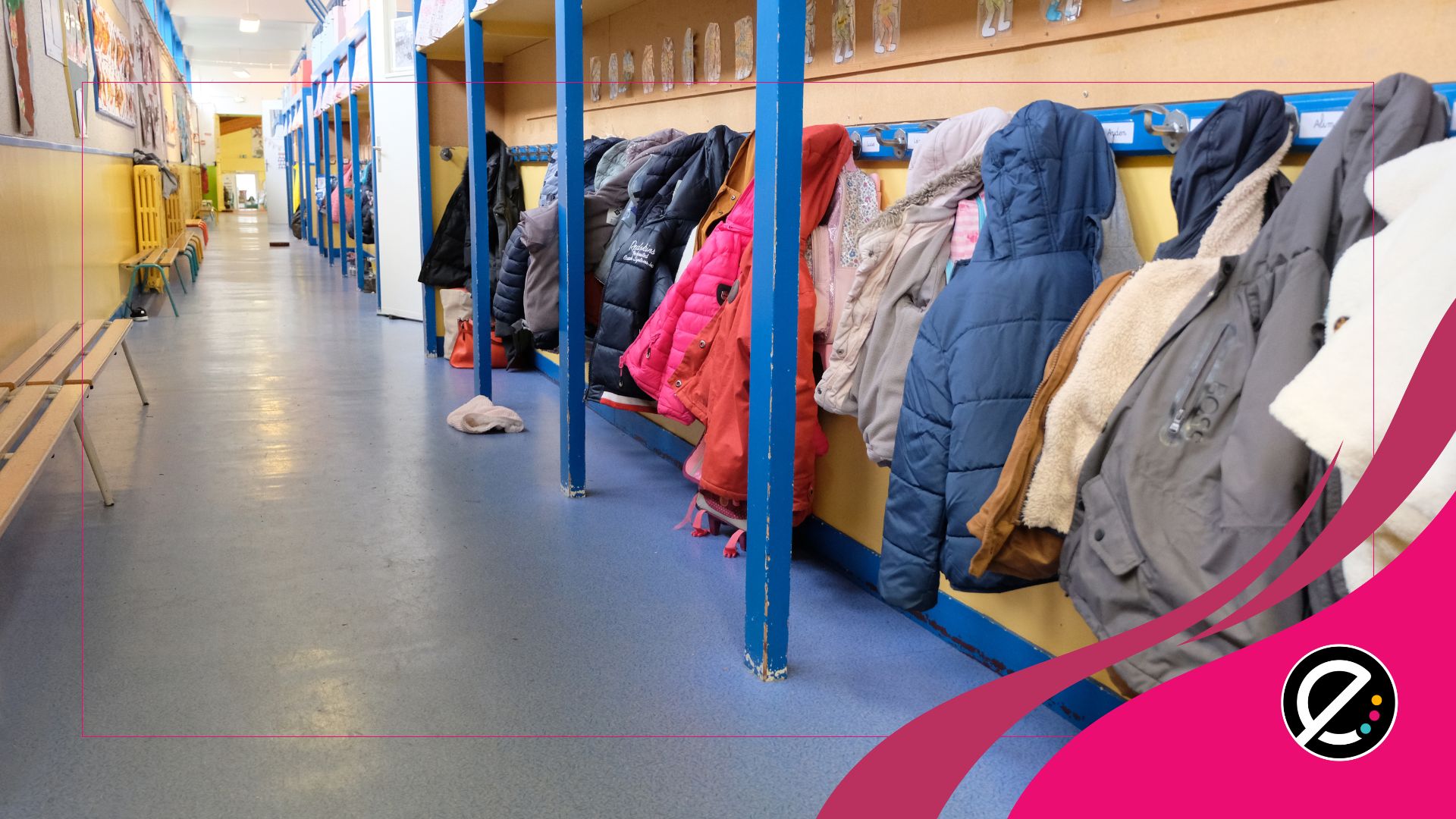par Céline de Brito, MOA
Orthophoniste
Les recherches et les résultats cliniques ont démontré que plusieurs personnes présentant une dyslexie ont eu des difficultés subtiles à l’oral au préscolaire. Bien que nous ne puissions prédire avec certitude qu’une personne présentera une dyslexie, voici quelques difficultés notées vers l’âge de cinq ans chez ces personnes.
- Les difficultés de mémoire de travail (mémoire qui permet de garder de l’information pendant que l’on travaille sur quelque chose). Par exemple, pour effectuer 3×4 + 10, il faut que la personne calcule le 3×4, puis mémorise le +10 afin de trouver la bonne réponse. Concrètement, un enfant du préscolaire ayant un problème de mémoire de travail ne retiendra qu’une partie des consignes et pourra avoir de la difficulté à produire des mots à quatre ou cinq syllabes.
- Les difficultés de conscience phonologique (jouer avec les sons, rimes…). Les enfants ayant de la difficulté à manipuler les syllabes et les sons pour faire des jeux sont très à risque de présenter un trouble de lecture. Les rimes (lapin et sapin se terminent pareil), les inversions (ex: tonmou si on inverse les syllabes c’est le mot mouton) et les transformations (coule, poule, moule, roule, boule…) sont toutes des activités qui développent la mémoire de travail et qui aident l’enfant à prendre conscience que la lecture est reliée en partie à ce que l’on entend.
- Les difficultés d’accès lexical (chercher ses mots). Une personne employant fréquemment des mots imprécis tels que “chose, affaire, truc, patente…” est très à risque de présenter un trouble en lecture. En effet, si ces personnes n’arrivent pas à retrouver rapidement une information verbale stockée dans leur mémoire, il en sera de même pour une information visuelle telle qu’une lettre, une syllabe ou un mot.
- Les difficultés phonologiques (prononciation): Les personnes présentant des difficultés d’articulation, mêmes légères, sont à risque de présenter un trouble de lecture, car cela peut signifier que leur système de son de la parole ne s’organise pas correctement. Par contre, certains enfants n’ont pas de difficultés de langage (système) et ne peuvent tout simplement pas produire les sons pour des raisons de motricité ou de mobilité corporelle. C’est pourquoi l’avis de l’orthophoniste est important et il saura vous guider pour les difficultés langagières ou s’il faut aussi référer à un audiologiste (audition), un ergothérapeute (motricité) ou un ostéopathe (mobilité). Voici tout de même des exemples de transformations de sons qui peuvent demeurer vers cinq ans et qu’il faut garder à l’œil surtout si l’enfant peut les produire en répétition (donc problème de langage et non de motricité ou de mobilité):
- les fameux sons « ch, j»: ex: l’enfant prononce un sat pour chat, une zoue pour joue)
- l’omission de syllabes dans les mots longs ex: rhinocéros, bibliothèque, ordinateur…
- les groupes de consonnes avec r ex: akraper (pour attraper), krésor (pour trésor)
En conclusion, si vous notez certains de ces symptômes chez des enfants, cela ne veut pas nécessairement dire qu’ils présenteront un trouble de la lecture. Il ne faut donc pas s’alarmer, mais vous savez ce que l’on dit : mieux vaut prévenir que guérir. Ainsi, une discussion avec l’orthophoniste ou l’orthopédagogue de l’école pourra être bénéfique pour ces enfants. N’hésitez pas aussi à questionner la famille sur leurs antécédents familiaux, car la dyslexie est génétique et si un membre de la famille, même éloigné, est dyslexique, l’enfant sera encore plus à risque.
 Trouvez de nombreuses ressources
Trouvez de nombreuses ressources
et du matériel éducatif à cet effet sur le site
des Jeux de Bri-Bri | Matériel éducatif conçus par des orthophonistes.






